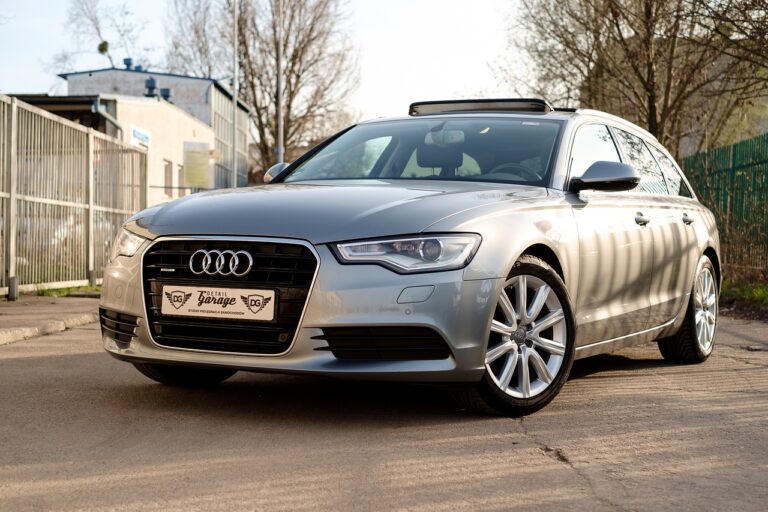The Role of Car Ownership in Identity Formation
Brand and model choices play a significant role in shaping an individual’s identity and lifestyle. The decision to purchase a particular brand and model of a car often reflects personal preferences, aspirations, and values. For many consumers, the brand represents a symbol of status, quality, and luxury, while the model choice may highlight practical considerations such as size, performance, and fuel efficiency.
In addition, brand and model choices can also be influenced by external factors such as social trends, peer influence, and advertising. A well-known brand with a strong reputation for reliability and innovation may attract loyal customers who value these attributes. On the other hand, popular models endorsed by celebrities or featured in media may create a sense of desirability and exclusivity among consumers. Ultimately, the decision to choose a specific brand and model of a car is a complex interplay of individual preferences, societal norms, and market influences.
The Impact of Customization and Personalization
Customization and personalization of vehicles have become increasingly popular among consumers in recent years. Drivers are seeking ways to make their cars unique and reflective of their individual tastes and preferences. From choosing custom paint colors to adding personalized decals or accessories, the options for personalizing a vehicle are virtually endless.
The desire for customization and personalization extends beyond just aesthetics – it also allows drivers to tailor their cars to better suit their needs and lifestyle. For example, some may opt for performance upgrades or specialized features to enhance the driving experience. By customizing their vehicles, individuals can create a sense of ownership and pride that goes beyond simply owning a mode of transportation.
How Car Ownership Reflects Socioeconomic Status
In today’s society, the type of car one owns often serves as a visible symbol of their socioeconomic status. People may choose to purchase luxury vehicles to signify their wealth and success, while others may opt for more modest cars that align with their budget and financial standing. The make and model of a car can communicate a lot about an individual’s lifestyle, values, and priorities.
Additionally, the condition of a person’s car can also be indicative of their socioeconomic status. Those who are financially stable may invest in regular maintenance and upkeep of their vehicle, ensuring it remains in top condition. On the other hand, individuals facing financial constraints may struggle to afford repairs or upgrades, leading to a less well-maintained car. The state of a car can thus serve as a visual cue of the owner’s economic situation.
• Luxury vehicles such as BMW, Mercedes-Benz, and Audi are often associated with higher socioeconomic status
• Modest cars like Toyota, Honda, and Ford are commonly chosen by those with more limited financial resources
• The make and model of a car can reflect an individual’s lifestyle choices and personal values
• Regular maintenance of a vehicle may indicate financial stability
• Lack of repairs or upkeep could suggest economic challenges for the owner
How do brand and model choices influence car ownership as a reflection of socioeconomic status?
Brand and model choices can indicate the financial resources and preferences of an individual. Luxury brands and newer models are often associated with higher socioeconomic status, while more budget-friendly brands and older models may suggest a lower socioeconomic status.
What is the impact of customization and personalization on car ownership as a reflection of socioeconomic status?
Customization and personalization can further highlight an individual’s socioeconomic status. Upgrades such as custom paint jobs, rims, and interior features can indicate a higher disposable income and a desire for luxury, whereas minimal customization may suggest a more modest financial situation.
How can car ownership be used as a measure of socioeconomic status?
Car ownership can be a visible indicator of socioeconomic status due to the significant financial investment required to purchase and maintain a vehicle. The type, brand, model, and condition of a car can offer insights into an individual’s income level, lifestyle preferences, and overall financial stability.







